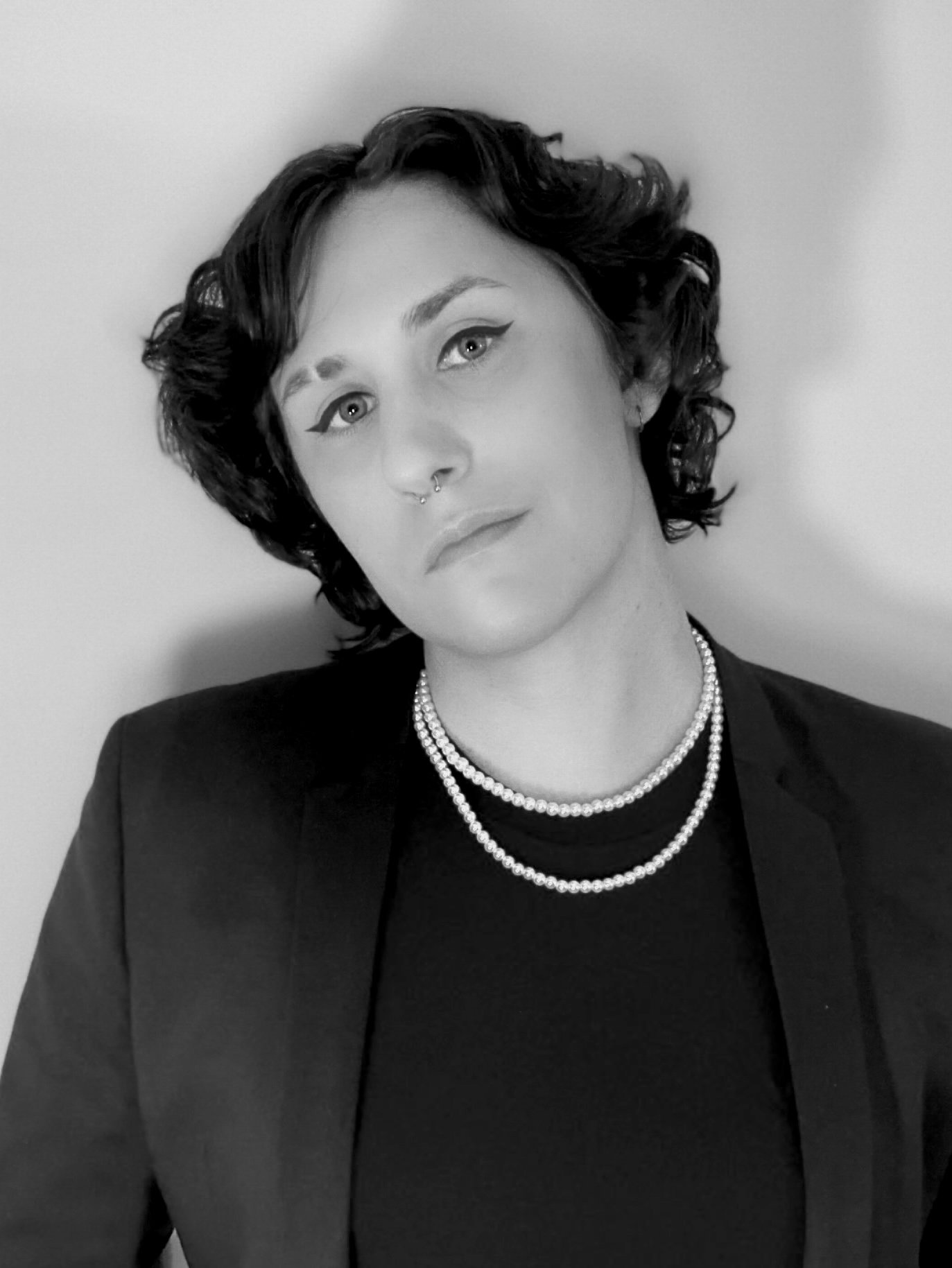Phlebotomy, as Told by the Blood
Consider these parallel histories: An emperor once declared war on the sea, sent his men drowning toward victory, & the Red Sea is named for the dead algae blooming within it. Can you tell me the difference? Maybe I too am red for all the slaughter carried within me, bastard child of water, lake swelled with rotting fish. What are you searching for when you drag me from you? Your vein a riverbed dredged of impossible children. Cells tested for the echo of your mother’s name. Once you were carried in your mother, her belly a lake. If the child before you & all those after sunk, are you the blood or the water? A boat or the first unfinished wolf, wrenching itself from the sea? A bridge too carries bodies & the water carries it. Does this make the bridge a mother or a child? Your mother once told you that if she gave you life she could take it back. Does this make her the bridge or its necklace of nooses? The river or its surface tension? Liquor is lighter than water & so is gasoline. Both burn. Both stained-glass a surface in the sun. Common language says we drown in liquor, perhaps this means your mother is a lake beneath another’s surface. What does that make me? A bridge or a glass? Your mother’s mother? Sometimes I worry that you’ve forgotten me. Dry & sober as a boat. Your survival a matter of surface tension. Maybe you believe that you are the bridge, suspended above all your dead. Don’t forget, everything erodes. A canyon is just a river’s bastard child. Bruise deep in the dirt. All of man’s inventions topple, each bridge’s arches bullied down to cliché rust. Another history blooming the water red.
Copyright © 2019 by torrin a. greathouse. Originally published in Poem-a-Day on May 6, 2019, by the Academy of American Poets.
“The process of phlebotomy is at once deeply intimate and overwhelmingly clinical. To have a stranger enter and draw something from you, then to open that substance in search of answers—cell counts, hormone levels, vectors of disease, etc. I was fascinated by the potential of the blood literally speaking in this moment, but the poem revealed this voice to be a potentially hostile one, responding to each thing phlebotomy asked of it with questions of its own. Questions I am not yet sure I know the answers to. The first draft of this poem owes itself to a fantastic workshop by my dear friend Ilyus Evander.”
—torrin a. greathouse

